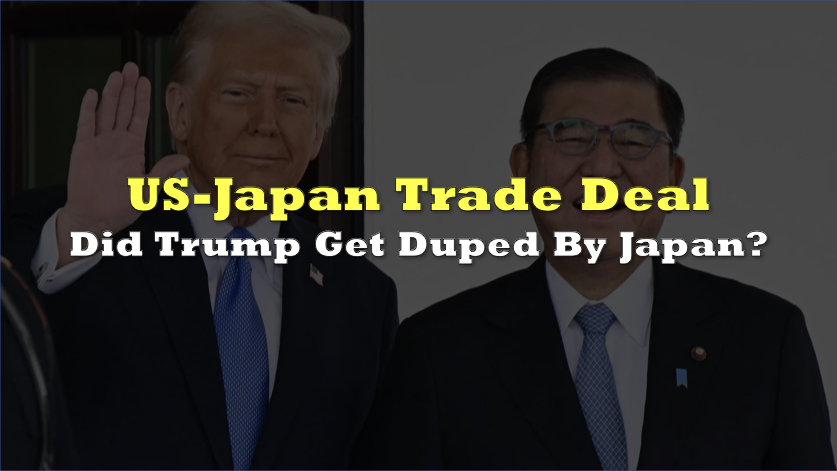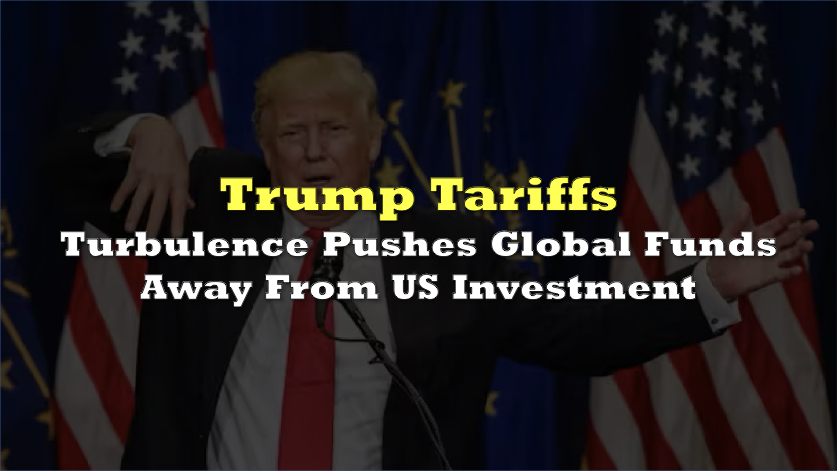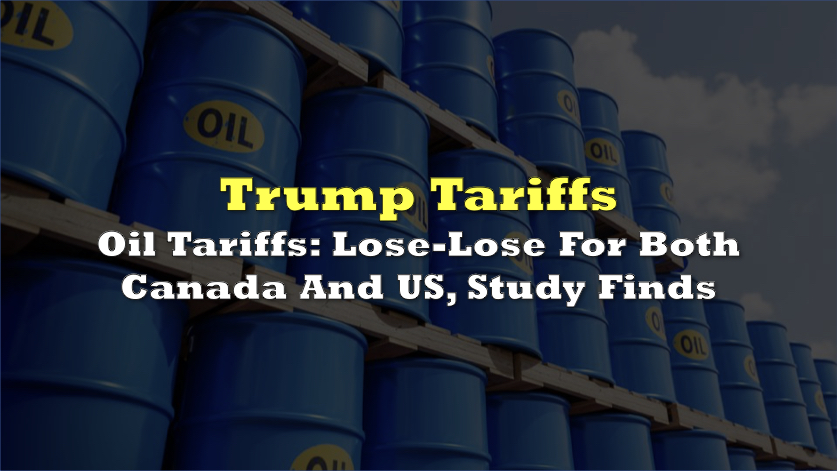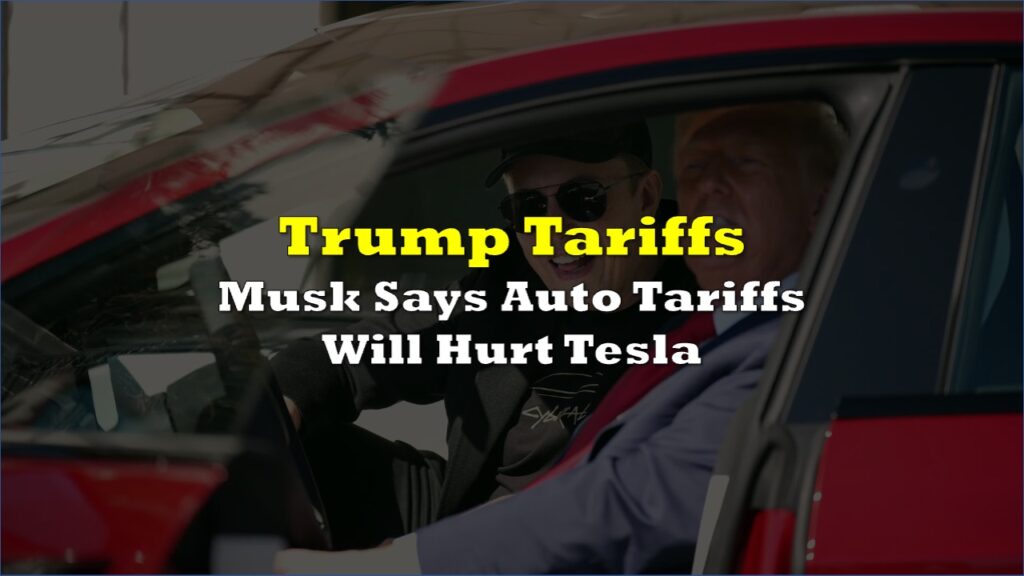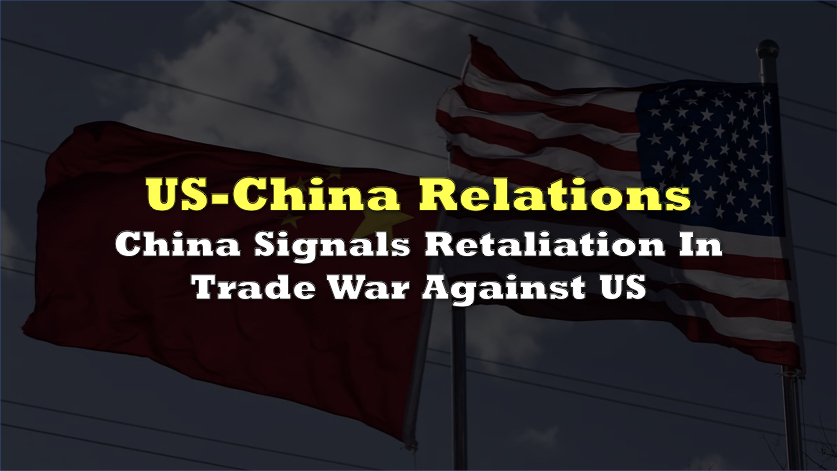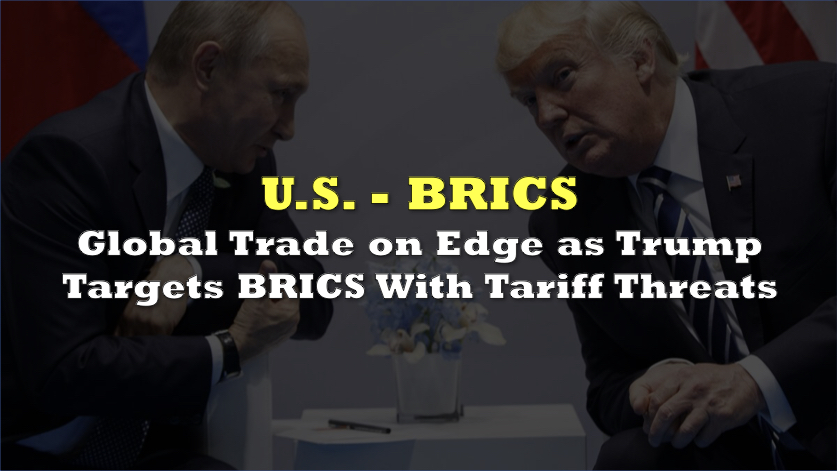The touted trade agreement between the US and Japan is swiftly unraveling amid growing disputes over its terms and conditions, raising serious doubts about President Donald Trump’s claimed victory. Just days after Trump proudly announced a “historic” $550 billion investment commitment from Japan, key aspects of the supposed deal have been publicly contradicted by Japanese officials.
Initially presented by Commerce Secretary Howard Lutnick as a breakthrough, the agreement would reportedly see Japan financing substantial American investments, including critical sectors like semiconductors, shipbuilding, and minerals. Lutnick claimed that Japan would effectively act as a banker, financing these projects, with profits divided 90% to American taxpayers and only 10% to Japanese investors.
Trump described the $550 billion as a “signing bonus,” telling reporters, “What Japan did is they brought down their tariffs. They gave us $550 billion upfront, 100%.”
However, Japanese officials quickly refuted these assertions, clarifying that only around 1% of the pledged $550 billion represents genuine investment. The remaining 99% consists of loans at market-rate interest, contradicting Trump’s claim of a massive upfront payment.
Only 1% of Japan’s $550B commitment to the U.S. is going to be real investment.
— Spencer Hakimian (@SpencerHakimian) July 28, 2025
The other 99% of is going to be loans – at full market price interest rates. pic.twitter.com/iGbg64SoI2
Moreover, Tokyo explicitly denied any agreement guaranteeing the US a disproportionate share of profits without equally proportional risk and investment contributions. A Japanese Cabinet Office statement underscored that profit-sharing “would be based on the degree of contribution and risk taken by each party,” directly challenging Lutnick and Trump’s representation of the deal.
Critics also argue that Trump’s claim of a “signing bonus” amounting to 13% of Japan’s GDP lacks credibility. Sen. Chris Murphy noted the absurdity, observing that the supposed massive investment “made no sense,” and Japan quickly clarified there is no formal 90/10 profit-split arrangement.
4/ Unsurprisingly, Japan immediately confirmed there is no 90/10 deal and no formal deal at all. AND if there ever is one, then just like any other investment deal, the U.S. and Japan will split returns based on each country's contributions.https://t.co/MSI6bR454A
— Chris Murphy 🟧 (@ChrisMurphyCT) July 28, 2025
The confusion and disagreements stem from a rushed 70-minute negotiation between Trump and Japan’s chief negotiator, Ryosei Akazawa, following significant electoral setbacks for Japan’s ruling Liberal Democratic Party. Prime Minister Shigeru Ishiba’s recent loss of parliamentary majority further casts doubt on the deal’s stability and legitimacy, with analysts saying that Trump’s hasty agreement might have been a preemptive move to secure a quick political win.
David Boling, Asian trade director at Eurasia Group, concluded, “Japan has been playing a card game with Trump,” suggesting that despite Trump’s claims of victory, Japan may ultimately hold the better hand due to its cautious approach and clear public denials.
Information for this briefing was found via Financial Times and the sources mentioned. The author has no securities or affiliations related to this organization. Not a recommendation to buy or sell. Always do additional research and consult a professional before purchasing a security. The author holds no licenses.

